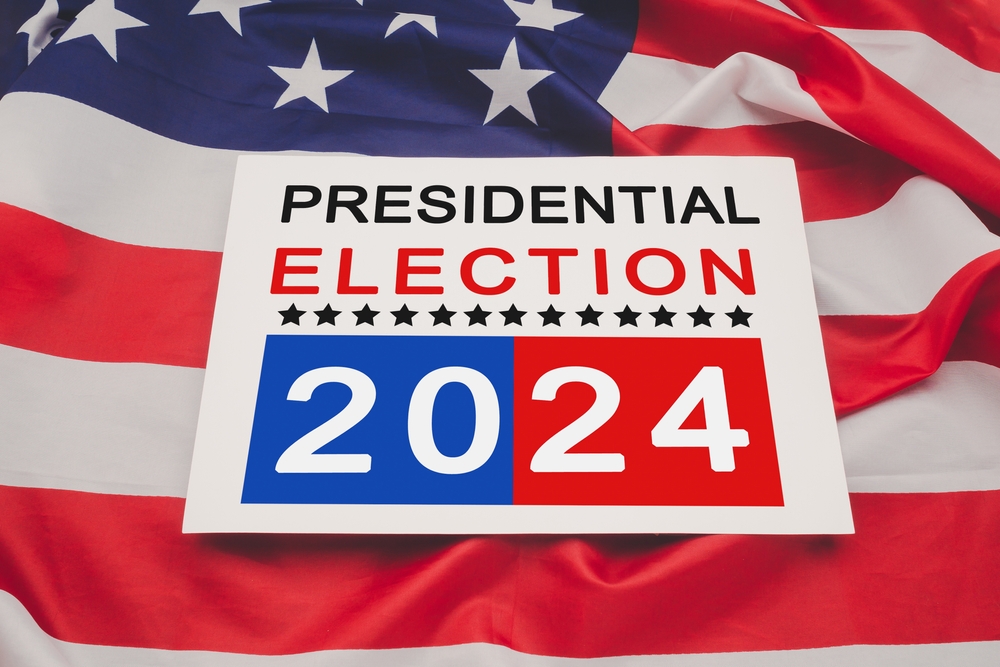(GoRealNewsNow.com) – In a move that has ignited political debates all over the country and angered millions of law-abiding Americans, two Democratic lawmakers, Rep. Ayanna Pressley of Massachusetts and Sen. Peter Welch of Vermont, have unveiled the Inclusive Democracy Act, aimed at restoring voting rights for felons.
The proposed legislation, announced outside the U.S. Capitol, has the potential to impact nearly 4.6 million Americans, according to a press release.
The Inclusive Democracy Act guarantees the right to vote in federal elections for all Americans, irrespective of their criminal convictions.
Additionally, the bill mandates that individuals with prior convictions be notified of their restored eligibility to vote.
Representative Pressley emphasized the importance of protecting and expanding access to the ballot box, even for incarcerated people. “They have not forfeited their rights of citizenship, and so they deserve to have their voices heard and to have access to the ballot,” she stated during the announcement.
Senator Welch added a critical perspective, suggesting that Republicans are actively working to limit voter participation through discriminatory laws.
He claimed that the GOP’s strategy involves restricting early and mail-in voting to suppress votes. “If you can’t win at the ballot box, don’t let people vote,” Welch remarked, emphasizing their commitment to ensuring full access to the ballot box as a fundamental birthright in the United States.
Currently, 48 states have varying restrictions on voting rights for individuals with felony convictions, with considerable differences in decision-making processes across states.
Liberal and left-wing activists argue that these laws disproportionately impact Black Americans. According to recent data from the Federal Bureau of Prisons, Black Americans constitute approximately 38.6% of the incarcerated population despite making up around 13% of the total U.S. population.
The proposed bill faces significant hurdles, as the Republican-controlled House is unlikely to pass it.
Furthermore, even if the Inclusive Democracy Act were to become law, legal challenges regarding its constitutionality are anticipated, given that states traditionally control election-related matters.


